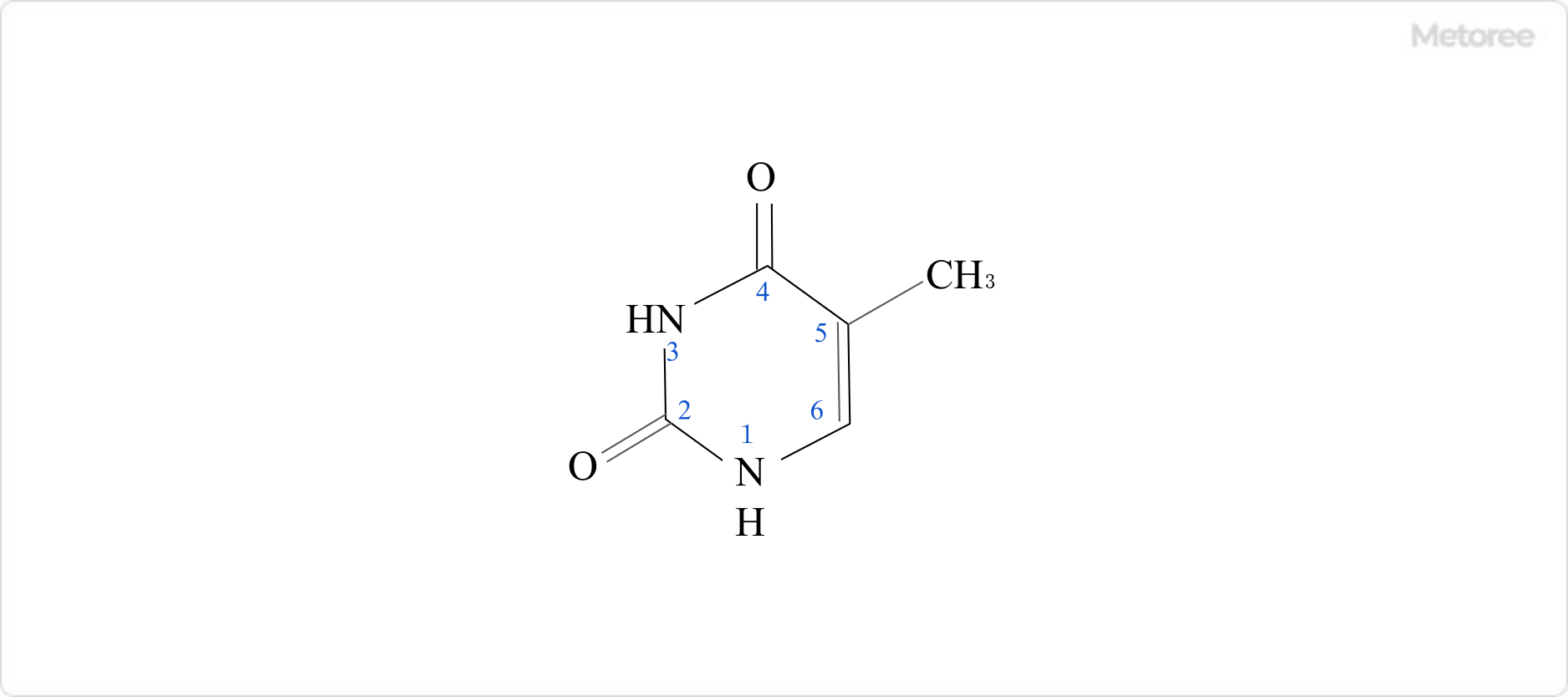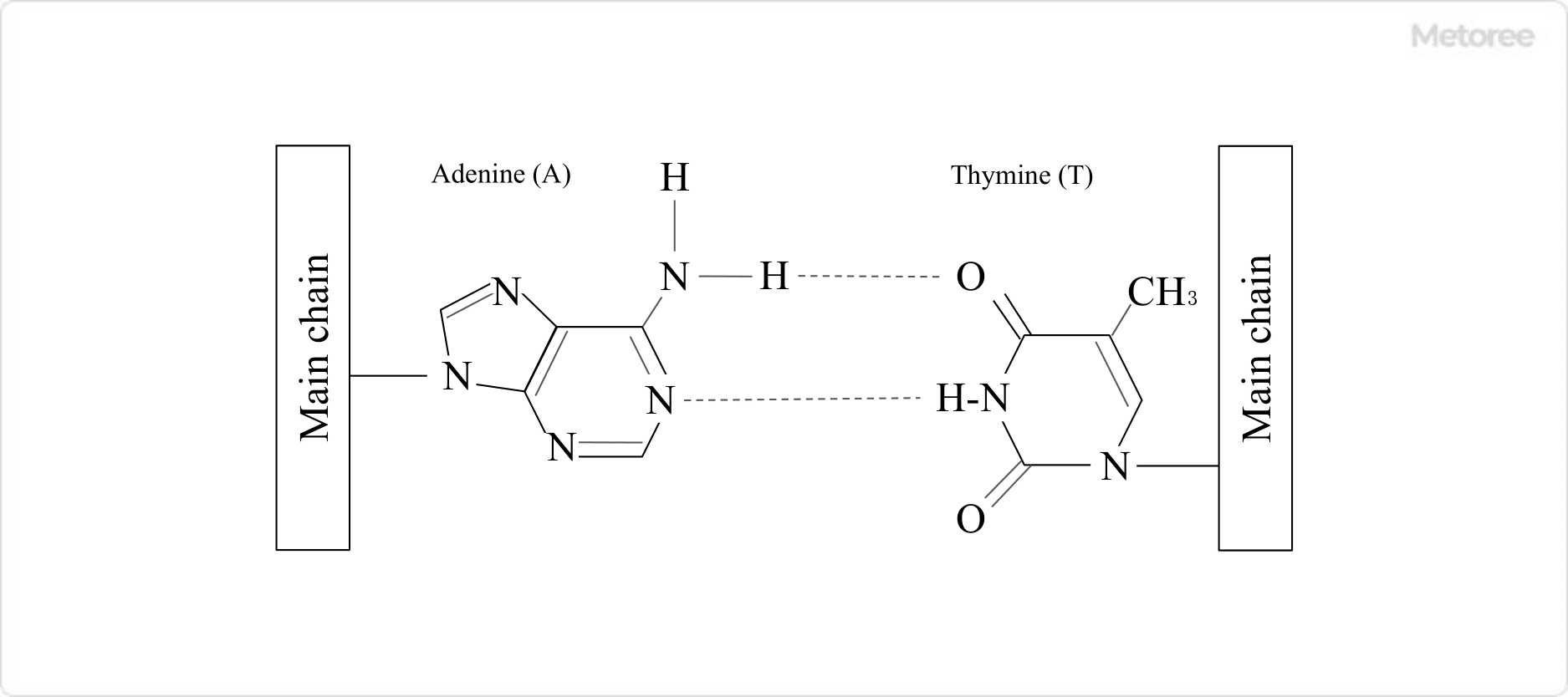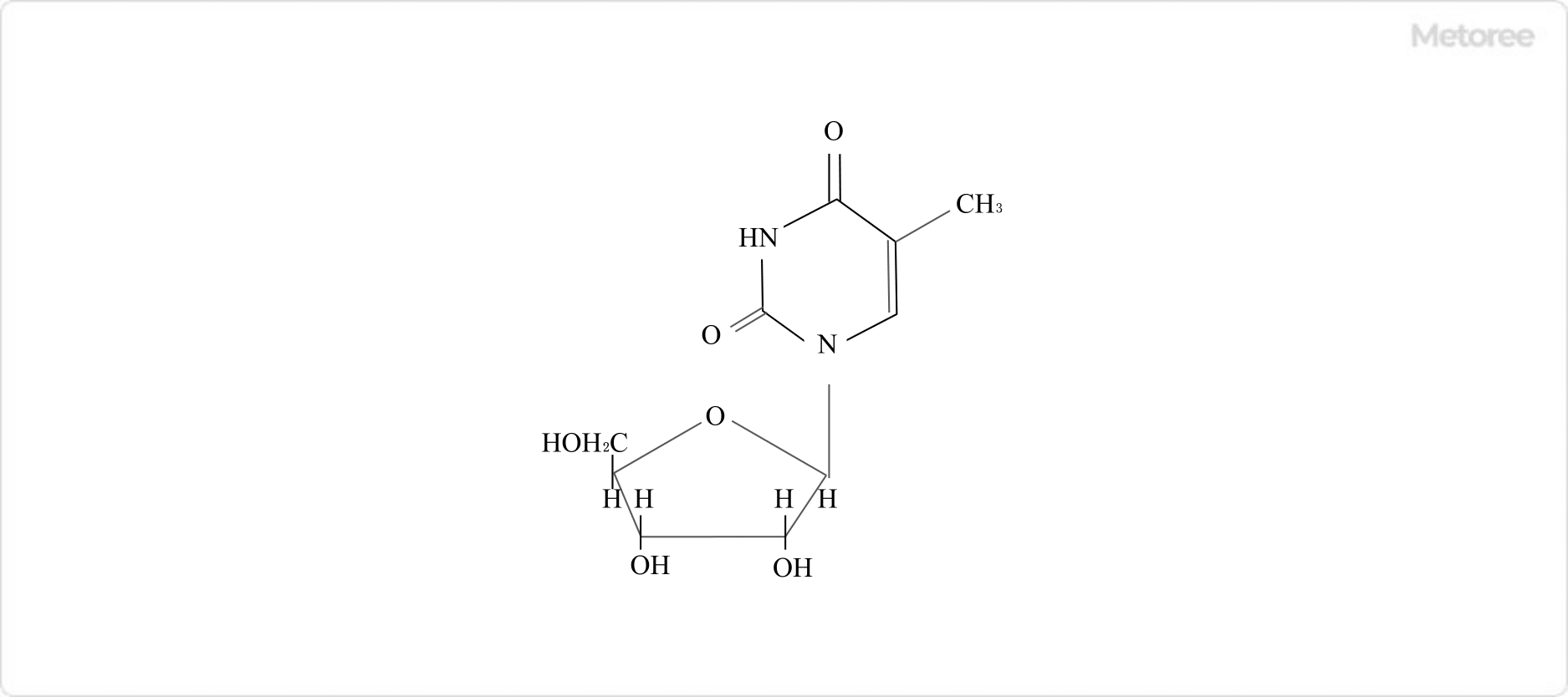All Categories
History






This section provides an overview for thymine as well as their applications and principles. Also, please take a look at the list of 6 thymine manufacturers and their company rankings. Here are the top-ranked thymine companies as of February, 2026: 1.Merck, 2.KANTO CHEMICAL CO.,INC..
Table of Contents
Thymine, a pyrimidine derivative, is one of the fundamental components of DNA.
DNA comprises four nucleotides: adenine (A), guanine (G), cytosine (C), and thymine (T), with thymine forming two hydrogen bonds with adenine.
Under ultraviolet light, DNA can mutate, forming dimers between adjacent thymine or cytosine bases. Thymine, along with cytosine and uracil, belongs to the pyrimidine base group.
As a DNA component, thymine is crucial for storing the genetic blueprint of living organisms.
In polymerase chain reaction (PCR) testing, used for amplifying and detecting small amounts of genetic material like viruses, thymine is essential. This process requires supplying all four nucleotide types to synthesize a new DNA strand from the extracted gene.
Thymine appears as a white crystalline powder, insoluble in cold water or ethanol but soluble in hot water, hot ethanol, and sodium hydroxide solution.
Oxidation by substances such as oxygen and free radicals can convert thymine into thymine glycol, potentially altering DNA structure. Although antioxidant enzymes and substances repair most cellular and DNA damage, excessive damage may lead to cancer and aging.

Figure 1. Structural Formula of Thymine
Thymine's structure includes a pyrimidine ring, characterized by nitrogen-containing six-membered rings, with imino groups at positions 1 and 3, carbonyl groups at positions 2 and 4, and a methyl group at position 5.

Figure 2. Hydrogen Bonds in DNA
The structure of thymine, particularly its imino and carbonyl groups, is pivotal for DNA's double helix formation through hydrogen bonding.
Thymine is unique among nucleobases for having a methyl substituent and an allylic hydrogen, making it particularly reactive to oxidative stress in living organisms.
Nucleosides, which are nucleobase-sugar compounds, include thymidine, formed from thymine and a pentacyclic sugar through a dehydration-condensation reaction involving an N-glycosidic bond.

Figure 3. Thymidine
Thymine derivatives include ribothymidine in tRNA and spongothymidine, an anti-herpes agent, synthesized through specific sugar modifications.
Nucleotides, formed by attaching a phosphate group to a nucleoside, include thymidylate or thymidine monophosphate, derived from thymine.
The double helix structure of DNA features hydrophobic bases, including thymine, on the inside with hydrophilic sugars and phosphates on the outside. This structure is stabilized by hydrogen bonds forming base pairs between adenine and thymine, and guanine and cytosine.
*Including some distributors, etc.
Sort by Features
Sort by Area

Kanto Chemical Co. Inc., founded in 1944 and headquartered in Tokyo, Japan, is a reagent manufacturer with overseas affiliates in other countries, including China, France, USA, Taiwan, and Malaysia. Its product portfolio includes analytical reagents, ionic liquids, Iodine compounds, ultra-pure chemicals, and water analysis kits. The company is also developing regenerative medicine and genetics reagents and has over 50,000 products. It has several certifications, including ISO 9001, acquired in 1994, making it the first Japanese company in the reagent industry. Other certifications are ISO 14001, ISO 13485, and ISO/IEC 17025.

Junsei Chemical Co. Ltd., established in 1948 and headquartered in Tokyo, Japan, is a manufacturer of chemical reagents and chemical products, including commissioned synthesis of chemical products. Some of the products it makes include Sodium chloride solution, concentrated glycerin, calcium chloride, ascorbic acid, and nitric acid. The chemical products have a wide range of applications and can be used in pathological examination, as food additives, for analysis, and in the pharmaceutical industry. All its plants, including its research institute, are ISO4001 and ISO9001 certified, while its Saitama and Ibaraki plants are equipped with buildings that comply with GMP.

TCI America (TCI) was founded in 1946 and is a worldwide manufacturer of specialty organic chemicals. The company produces organic laboratory chemicals as well as pharmaceutical, cosmetic, and functional materials. TCI’s product segments include Chemistry, Life Science, Materials Science, Analytical Chemistry, and Custom & Bulk. For materials science, the company manufactures battery materials, nanocarbon materials, and magnetic materials. For life sciences, the company produces antibodies, reagents, and chemicals for cancer research. The company produces HLC, NMR, various chemicals, and resins and media for analytical chemistry.

Merck, started in 1668 and based in Darmstadt, Germany, is a supplier of solutions and services for research, development, and manufacture of pharmaceutical and biotechnological drug therapies. The company serves the life science industry and has a broad portfolio of 300,000 products, including biopharmaceutical manufacturing, industrial microbiology, reagent, life science research, and water purification products. It is available in 66 countries, brings together six brands, and has several ISO certifications, including ISO 13485, ISO 14001, ISO 13485, and ISO 50001.

Millipore Sigma, formerly known as Sigma-Aldrich, was created in 175 through the merger of Sigma Chemical Company and Aldrich Chemical company and today is a subsidiary of Merck. Millipore Sigma is a life science and biotechnology company serving the industry with several products and services. Some of their product categories include peptide synthesis materials, biochemicals, building blocks, catalysts, chemical biology, chemical synthesis, flavors & fragrances, formulation, lab chemicals, lab safety, APIs, and stable isotopes. Services include characterization, contract manufacturing, custom products, software, support, testing, and mRNA development & manufacturing.

Carl Roth GmbH + Co. KG, established in 1879 and headquartered in Karlsruhe, Germany, is a manufacturer, distributor, and supplier of laboratory equipment, life science products, and chemicals. Their extensive product range encompasses analytical instruments, biological safety cabinets, heating mantles, pH meters, centrifuges, thermometers, and various chemicals. Their products support and facilitate laboratory research, analysis, and experimentation across various industries such as pharmaceutical, chemical, and environmental sectors. The company is certified according to DIN EN ISO 9001:2015 and DIN EN ISO 14001:2015.
Ranking as of February 2026
Derivation Method| Rank | Company | Click Share |
|---|---|---|
| 1 | Merck |
66.7%
|
| 2 | KANTO CHEMICAL CO.,INC. |
33.3%
|
Derivation Method
The ranking is calculated based on the click share within the thymine page as of February 2026. Click share is defined as the total number of clicks for all companies during the period divided by the number of clicks for each company.Number of Employees
Newly Established Company
Company with a History
*Including some distributors, etc.
| Country | Number of Companies | Share (%) |
|---|---|---|
 Japan
Japan
|
3 | 75.0% |
 Germany
Germany
|
1 | 25.0% |